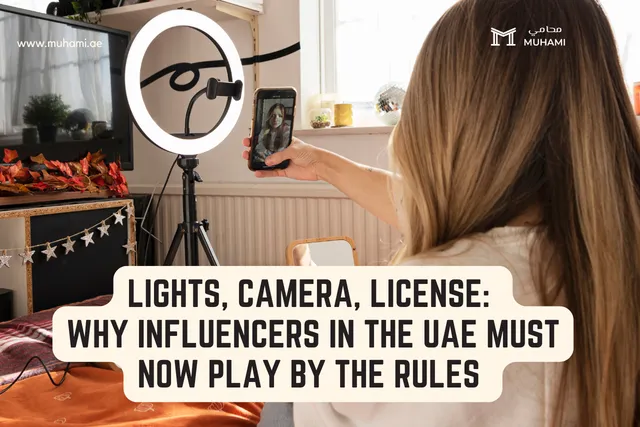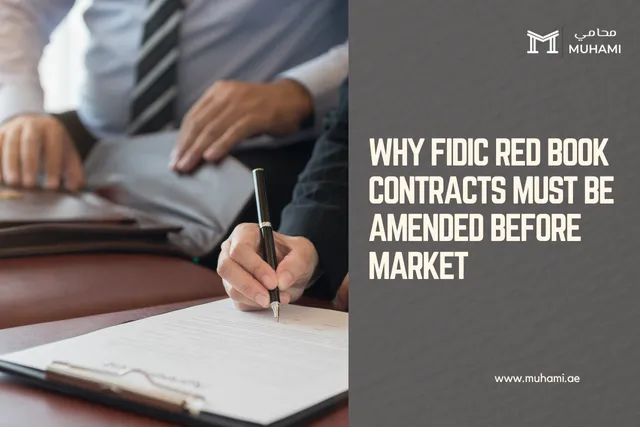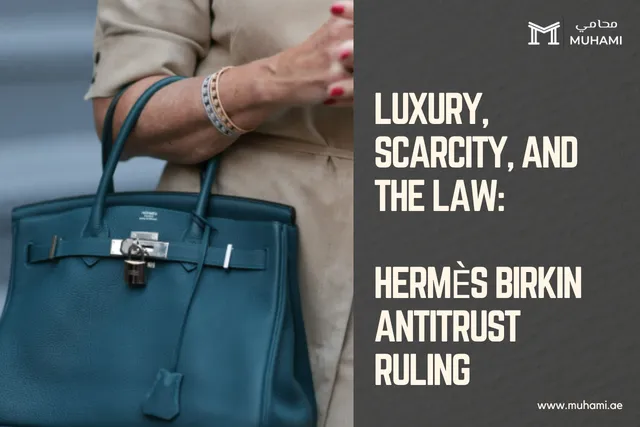Lights, Camera, License: Why Influencers in the UAE Must Now Play by the Rules

It begins with a ring light and a smartphone. A beauty influencer in Dubai hits “record,” reviews a gifted product, and uploads the clip to her 200,000 followers. For years, this was a simple act of self-promotion, low-cost, low-barrier, and largely unregulated. But under the UAE’s new media law, that upload has a new weight: it is no longer just content. It is a commercial act that requires a government-issued license.
A Turning Point for Digital Influence
On 29 May 2025, the UAE Media Council ushered in sweeping reforms that brought influencers under the same umbrella as traditional media outlets. For the first time, content creators, from food bloggers to TikTok dancers to finance “gurus”, must hold official permits to promote products or services.
The law recognizes what has been obvious for years: influencer marketing is not a hobby, it is an industry. In 2022, the influencer economy in the Middle East alone was estimated at over $1.3 billion, with Dubai as its beating heart. Whether it’s luxury fashion, fintech, or real estate, influencers have become the bridge between brand and consumer. The government’s move cements this role, formalizing a sector that until now existed in a grey zone.
From Side Hustle to Regulated Business
The new framework requires influencers to operate like businesses. No more casual partnerships arranged through direct messages. Instead, every influencer who promotes a brand must hold two layers of authorization: a commercial license and a media permit.
At first glance, it seems bureaucratic. But the intent is clear. The UAE wants to professionalize influencer marketing, bringing order to what has often been a chaotic and opaque industry. For serious creators, the shift is less a hurdle than a badge of credibility.
Imagine the perspective of a brand. Previously, a company partnering with a lifestyle blogger risked uncertainty. Was the influencer legitimate? Would they deliver as promised? If a dispute arose, what recourse did the brand have? By requiring official registration, the government ensures that both sides can contract with confidence.
Fines and Friction
Of course, regulation comes with teeth. The law provides for fines of up to AED 1 million for first-time violators and AED 2 million for repeat offences. Even smaller slip-ups, such as posting a promotion without the correct permit number, can trigger penalties.
For influencers who built their careers on spontaneity, this is a wake-up call. That quick story about a gifted restaurant meal, that casual shoutout to a friend’s startup—under the new regime, these posts may require licensing. Suddenly, the blurred line between personal content and commercial promotion becomes sharper, and riskier.
Critics argue that the rules risk stifling creativity or discouraging small creators. But regulators point to the opposite: the law is meant to filter out fly-by-night promoters and elevate the professional standard
of content. The message is simple: if you want to turn influence into income, you must also accept accountability.
The Global Stage
The UAE is not alone in reining in influencer marketing. In France, a new law requires influencers to label paid promotions clearly, while the UK’s Advertising Standards Authority has cracked down on hidden ads. The U.S. Federal Trade Commission has long required disclosure of paid partnerships.
What distinguishes the UAE is the breadth and severity of its framework. Rather than focusing narrowly on disclosure, the new law treats influencers as part of the media ecosystem, subject to licensing, oversight, and, in some cases, criminal liability. In doing so, the UAE positions itself as one of the strictest jurisdictions worldwide.
For a country that has long marketed itself as a hub for digital innovation, the message is paradoxical but deliberate: the UAE wants to be both open and regulated. You can build an influencer career here, but you must play by the rules.
Industry Reactions
The influencer community is divided. Some creators see the change as a natural progression. “It gives us legitimacy,” says one Dubai-based fashion blogger. “Now when I negotiate with brands, I’m recognized as a professional, not just someone posting on Instagram.”
Others worry about costs, paperwork, and the potential chilling effect on smaller voices. The law may inadvertently widen the gap between established influencers with brand deals and newcomers experimenting with their first collaborations.
Brands, however, are largely supportive. For them, compliance means reduced risk. Agencies, too, see opportunity: many are pivoting to offer licensing assistance and contract management alongside their creative services.
Beyond Lifestyle: The Rise of “Finfluencers”
One particularly sensitive area is financial content. Alongside the general influencer permit, the UAE has introduced a special license for “finfluencers”, content creators offering financial advice, crypto analysis, or investment tips.
This comes in response to global scandals where unqualified influencers have pushed risky schemes to millions of followers. By requiring a dedicated license issued by the Securities and Commodities Authority, the UAE hopes to shield retail investors from unregulated advice dressed as entertainment.
For the government, it is not just about consumer protection, it is about reputation. In positioning itself as a global financial hub, the UAE cannot afford to allow misinformation to flourish unchecked.
A Cultural Shift
Perhaps the most profound impact of the law is not legal but cultural. It marks the end of the influencer as a “casual side hustle” and the beginning of influence as a profession.
Think back to the early days of YouTube or Instagram, when creators could experiment freely. The new framework shifts the balance. Now, to be an influencer in the UAE is to acknowledge that your words, images, and videos have real commercial and social weight. They influence not just audiences but economies.
In a way, the law reflects the maturity of the UAE itself. Just as the country evolved from a trading post to a financial hub, so too has influencer marketing grown from a pastime to a regulated industry.
The Road Ahead
The coming months will be telling. Some creators may leave, discouraged by the bureaucracy. Others will adapt, embracing the legitimacy that licensing provides. Brands will likely consolidate partnerships around influencers who can demonstrate compliance, raising the bar for professionalism.
For the wider region, the UAE may become a model. If the law succeeds in curbing abuse while fostering a vibrant influencer economy, other GCC states may follow suit.
Conclusion: Influence Meets Accountability
The influencer era in the UAE is not ending, it is evolving. The ring light still shines, the cameras still roll, and the followers still scroll. But behind every post lies a new layer of accountability, a recognition that influence carries responsibility.
For influencers, the question is no longer whether they can make a living online. It is whether they are prepared to treat that living as a regulated profession. For brands, the message is equally clear: partnerships must now be not just creative, but compliant.
On Sheikh Zayed Road, the billboards may still dominate the skyline, nm, .,m but increasingly, the real power lies in the palm of a hand. And now, that power comes with a license
Any Questions?
Connect with lawyers and seek expert legal advice
Share
Find by Article Category
Browse articles by categories
Featured Partnership
Lawcloud
LawCloud: All-in-One Legal Practice Software
Related Articles

Why FIDIC Red Book Contracts Must Be Am…
Introduction For Owners and Contractors in the UAE, the unamended FIDIC Red …

Why FIDIC Red Book Contracts Must Be Amended Befo…
Introduction For Owners and Contractors in the…

ADGM’s Substantial Public Interest Fram…
The Abu Dhabi Global Market (ADGM) has introduced new Data Protection Regulatio…

ADGM’s Substantial Public Interest Framework: Sha…
The Abu Dhabi Global Market (ADGM) has introduced…

Luxury, Scarcity, and the Law: Hermès B…
On September 17, 2025, a California federal judge dismissed an antitrust lawsui…

Luxury, Scarcity, and the Law: Hermès Birkin Anti…
On September 17, 2025, a California federal judge…
